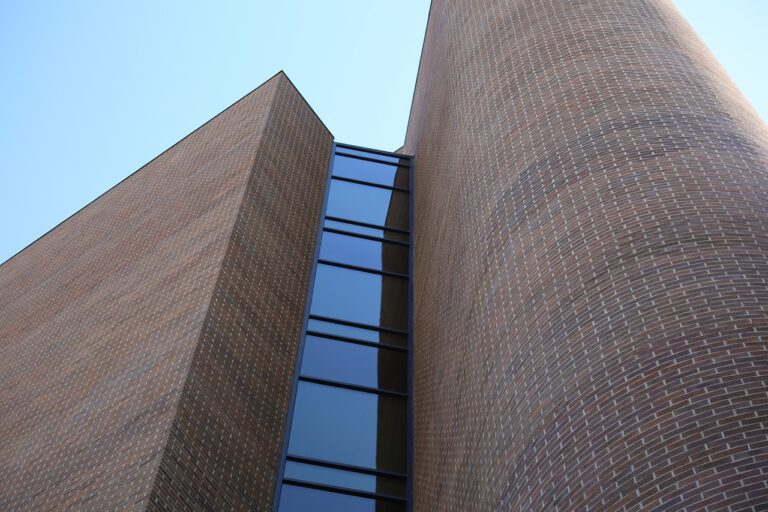Sustainable Practices in Asphalt Production for Road Construction: Skyexch win, World777 com id, Goldbet7 com
skyexch win, world777 com id, goldbet7 com: Asphalt is a crucial component in road construction, providing a smooth and durable surface for vehicles to travel on. However, traditional asphalt production methods can have a significant impact on the environment due to high energy consumption and greenhouse gas emissions. As the world works towards a more sustainable future, it is essential to adopt eco-friendly practices in asphalt production for road construction.
Here are some sustainable practices that can be implemented in asphalt production:
Using Recycled Materials: One of the most effective ways to reduce the environmental impact of asphalt production is to use recycled materials. Recycled asphalt pavement (RAP) can be used in new asphalt mixes, reducing the need for virgin materials and lowering energy consumption. By incorporating RAP into asphalt production, we can conserve natural resources and decrease landfill waste.
Warm Mix Asphalt: Traditional hot mix asphalt production involves heating the asphalt mix to high temperatures, resulting in high energy consumption and greenhouse gas emissions. Warm mix asphalt, on the other hand, is produced at lower temperatures, reducing energy use and emissions. By using warm mix asphalt, we can minimize the environmental impact of road construction while maintaining performance and durability.
Porous Asphalt: Porous asphalt is designed to allow water to penetrate through the surface and into the ground, reducing stormwater runoff and decreasing the risk of flooding. This eco-friendly asphalt material helps to replenish groundwater reserves and improve water quality. By using porous asphalt in road construction, we can mitigate the impact of urban development on the environment.
Green Roofs: Green roofs involve planting vegetation on the surface of buildings, providing numerous environmental benefits, including improved air quality, energy efficiency, and urban biodiversity. In the context of asphalt production, green roofs can help reduce the urban heat island effect and mitigate the environmental impact of road construction. By incorporating green roofs into asphalt production facilities, we can create a more sustainable and eco-friendly production process.
Solar Power: Solar power is a clean and renewable energy source that can be used to power asphalt production plants. By installing solar panels on production facilities, we can reduce reliance on fossil fuels and lower greenhouse gas emissions. Additionally, solar power can help offset energy costs and decrease the environmental footprint of asphalt production for road construction.
Conclusion
In conclusion, sustainable practices in asphalt production are vital for reducing the environmental impact of road construction. By utilizing recycled materials, warm mix asphalt, porous asphalt, green roofs, and solar power, we can create a more eco-friendly and sustainable asphalt production process. These practices not only benefit the environment but also contribute to the long-term sustainability of our infrastructure. As we strive towards a greener future, it is essential to prioritize sustainability in all aspects of road construction, including asphalt production.
FAQs
Q: What are the benefits of using recycled materials in asphalt production?
A: Using recycled materials in asphalt production helps conserve natural resources, reduce landfill waste, and lower energy consumption and greenhouse gas emissions.
Q: How does warm mix asphalt differ from hot mix asphalt?
A: Warm mix asphalt is produced at lower temperatures, reducing energy use and emissions compared to traditional hot mix asphalt production methods.
Q: What is the purpose of porous asphalt in road construction?
A: Porous asphalt allows water to penetrate through the surface and into the ground, reducing stormwater runoff and minimizing the risk of flooding.
Q: How can green roofs contribute to sustainable asphalt production?
A: Green roofs help reduce the urban heat island effect, improve air quality, and increase urban biodiversity, contributing to a more sustainable asphalt production process.
Q: What are the advantages of using solar power in asphalt production plants?
A: Solar power is a clean and renewable energy source that can help reduce reliance on fossil fuels, lower greenhouse gas emissions, and offset energy costs in asphalt production facilities.







